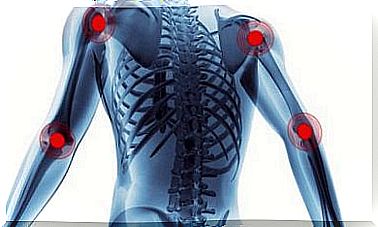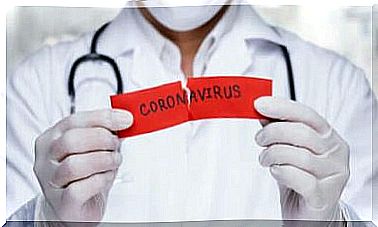Dangerous Diets And Their Consequences
Very restrictive, low-calorie diets can help you lose weight in the short term, but they pose a health risk. In addition, you will not achieve your goal in the long term.
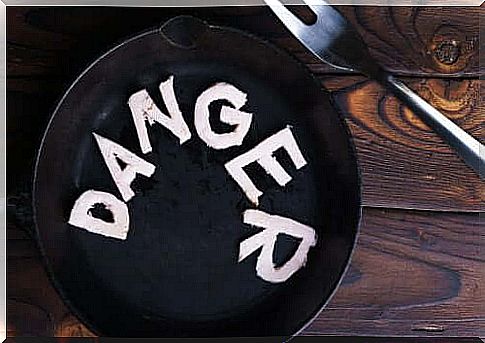
Time and again, strict and very one-sided weight loss diets come into fashion that are supposed to work wonders. But it is much more a question of dangerous diets that are not good for your health. Various signs can indicate harmful consequences. This is exactly the subject of our article today.
Do you know the pineapple diet, the tuna diet or the protein diet? We could list many more miracle diets that are designed to help you lose weight in the short term. But it must be taken into account that the love handles land on the hips as quickly as they were lost. There are also consequences for health.
What are dangerous diets?
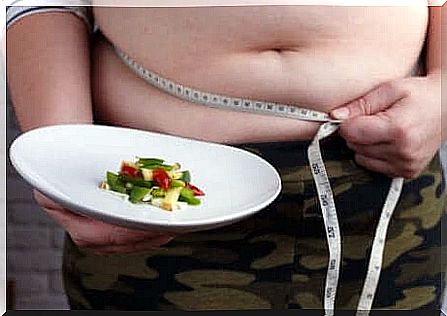
Dangerous diets: signs of damage to health
If you are on a dangerous diet, the following short-term signs of deficiency symptoms could be:
- Hair loss: If there is a deficiency in vitamin B8 (biotin), hair loss can result. Gray hair, reddened and flaky skin and brittle nails also indicate deficiency symptoms. You may also suffer from muscle pain.
- Lack of energy: If your body receives too little vitamin C and too few B vitamins, it has to exert itself excessively, which leads to tiredness, drowsiness and apathy.
- Flaky scalp: This could possibly be an indication of a lack of fatty acids. Essential fatty acids, like omega 3, are fundamental to health!
- Sores and aphthous ulcers in the mouth: This often occurs with a lack of vitamin B12. In this case, you should eat more lean poultry, red meat, and eggs.
- Tingling in hands and legs: Perhaps you lack the vitamins of the B group (B9, B6 and B12), because this leads to problems of the peripheral nerves and, as a result, to nervousness, depression and an unbalanced hormone balance.
Dangerous Diets: Consequences
Very restrictive, low-calorie diets will help you lose weight relatively quickly, but they are dangerous to your health. The following consequences are very common:
- Higher risk of metabolic disorders
- Protein deficiency, vitamin and mineral deficiency
- Develop eating disorders (anorexia or bulimia), some of which are severe (significantly more problematic than being overweight, which can be corrected)
- negative psychological effects
- Jojo effect
What a healthy diet looks like
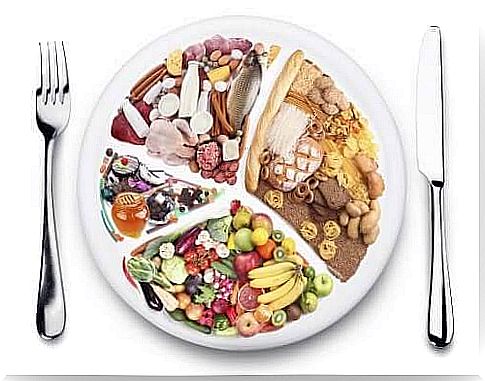
For a diet to be effective and not endanger health, it should meet the following criteria:
- Try to lose weight slowly and moderately. To prevent nutritional deficiencies, you should consume around 20 to 25 calories per real body weight.
- A balanced supply of nutrients is very important for healthy weight loss. You should therefore divide the different nutrients into different groups.
- You need at least 40-50% carbohydrates every day so that the nervous system (brain, nerves) can function correctly. This is also important for the heart and blood cells (red and white blood cells, platelets).
- Between 20% and 30% of your calories should be protein. Foods rich in protein include meat, fish, eggs, hard cheese, and dried fruits.
- 30-35% should consist of healthy fats. Healthy fats are important, but only in moderation.
In conclusion, we would like to repeat once again that it is better to lose weight slowly and gradually so as not to endanger health and at the same time achieve long-term results. In order to be successful, even small changes in lifestyle are often very helpful. You will do it, and in a very healthy way!


